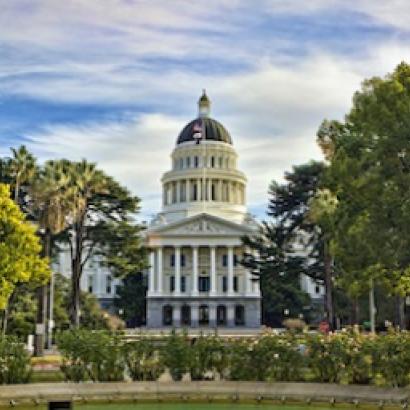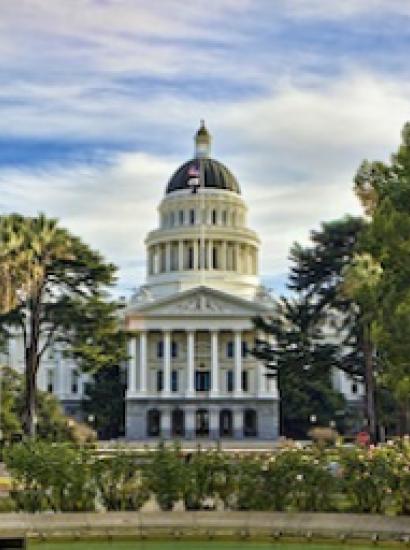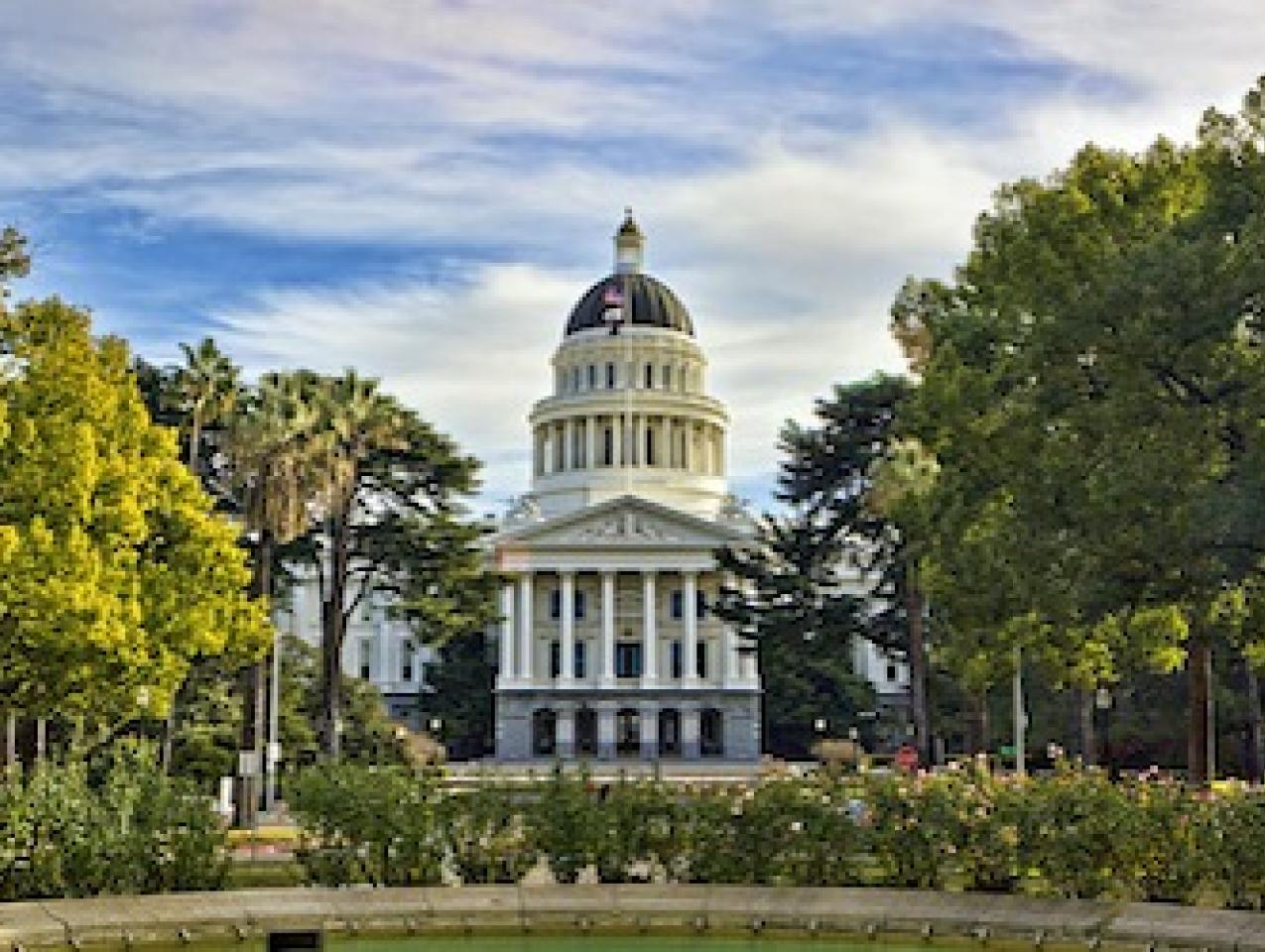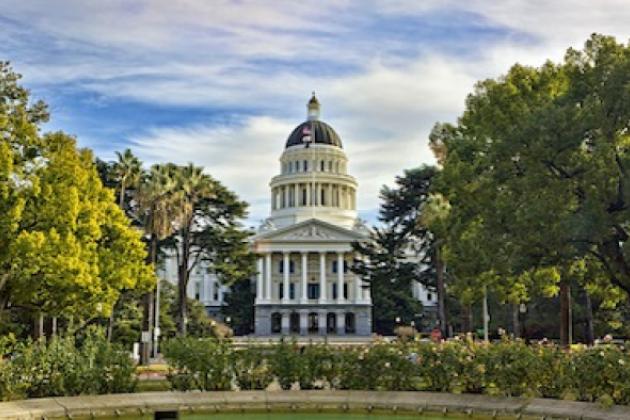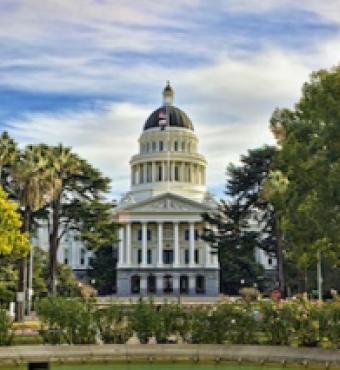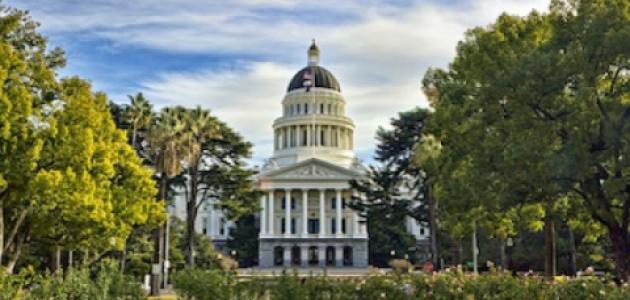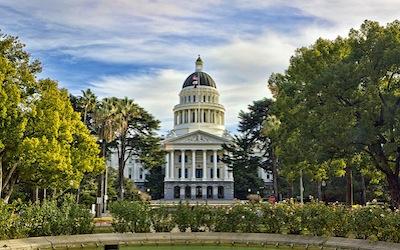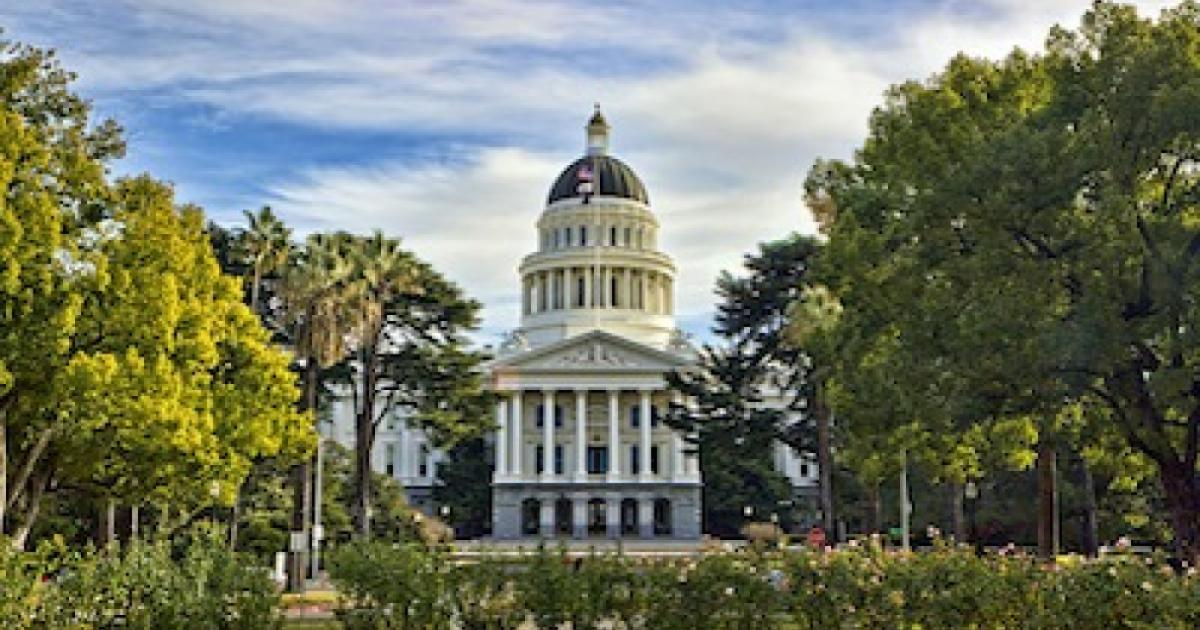- Politics, Institutions, and Public Opinion
- Law & Policy
- Civil Rights & Race
- State & Local
- California
For a state that is unrivaled in so many ways, it is often safe to assume that, whatever the views of the American population at large may be, Californians have their own state of mind.
So when my colleagues at the Hoover Institution and I conducted a survey of a representative sample of 1,000 Californians and asked them, among other questions, which issues they thought should be top priorities for the state’s government, we were expecting to see more evidence of California Exceptionalism.
But what we found, when we compared our recent survey’s results to those of a newly released national survey of the public’s policy priorities conducted by the Pew Research Center, is that Californians’ concerns for their state look strikingly similar to those the American public has for the country. What’s more, some of these similarities—and some of the differences—run counter to popular conceptions about Californians.
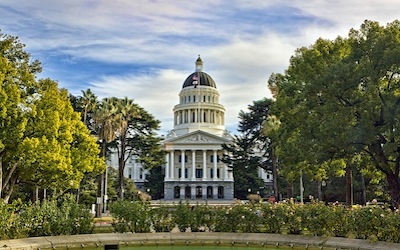
Photo credit: Wikipedia
From December 6 to 16 of 2013, a group of researchers at the Hoover Institution at Stanford University, partnering with the survey research firm YouGov, conducted the third in an ongoing series of surveys of Californians about their state’s economy and government. In this installment of the Hoover Golden State Poll, we asked our respondents to prioritize 21 issues facing California’s state government. Specifically, we asked our survey respondents:
In his State of the State speech, Governor Brown will talk about what he thinks should be priorities for California's state government in 2014. Thinking about the issues facing California, what do you think should be a top priority, important but lower priority, not too important or should not be done?
We designed our question to be as comparable as possible to a question asked in an annual national survey conducted by the Pew Research Center. Pew’s question is about the public’s policy priorities for the country. Pew, which conducted their national survey from January 15 to 19 of 2014, asked their respondents:
I'd like to ask you about priorities for President Obama and Congress this year. As I read from a list, tell me if you think each should be a top priority, important but lower priority, not too important or should it not be done…
In our Hoover/YouGov survey, we presented our respondents with as many of the same issues from the national survey as we could, only replacing issues over which the federal government has sole or primary responsibility under current law (for example, the U.S. military or Social Security).
When we looked at the results, we saw that economic issues topped both the Hoover California and the Pew national surveys. The number one priority for Californians for their state government and the American public for the federal government is strengthening the economy (71% of Californians reported this should be a “top priority,” along with 80% of respondents in the Pew national survey). “Improving the job situation” was second in both surveys (70% Californians, 74% nationally).
Balancing the state’s budget came in third on our Hoover California survey (64% said it was a “top priority”). Similarly, reducing the federal budget deficit ranked sixth in the Pew national survey (a “top priority” for 63%). Only defending against terrorism, improving education, and making Social Security financially sound ranked ahead of concerns about the federal deficit in the recent Pew survey, and two of those federal issues (terrorism and Social Security) did not appear in or apply to our state poll.
Improving education—specifically improving K-12 education in our Hoover/YouGov questionnaire—came in fourth in both surveys.
Yet, for all the similarities, there are some important differences. Californians in our survey ranked issues like illegal immigration and improving roads, bridges, and public transportation higher than national survey respondents. On illegal immigration, Californians placed the issue tenth, compared with sixteenth in the Pew national survey. Shoring up infrastructure was twelfth for Californians, but eighteenth, or two spots from the bottom, in the national survey. Notably, when we asked separately about whether Sacramento should “continue the state’s high speed rail project,” that issue came in dead last, with only 10% of the California survey respondents identifying it as worthy of being a top priority for Sacramento.
The biggest gap between Californians and the country as a whole came on the issue of reducing the influence of special interests on the government. Californians placed the pursuit of the public interest in Sacramento at number five, while the national survey had the issue below the halfway mark, at number fifteen.
And what did Californians rank immediately below the issue of lobbyists' influence in Sacramento? At number six, Californians called for reforming the state’s tax system and, at number seven, Californians want their elected leaders in state government to work to reduce crime.
Immigration, investment in roads and public transportation, good government, tax reform, and crime: All important issues for this state. None of them are the type of marquee issues that are usually associated with politics on the Left Coast.
In fact, most Californians do not place a very high priority on what many political observers would tag as popular Blue State issues. “Helping the poor and needy” did rank ninth in the California survey, but that is only two places higher than in the national survey, where this social welfare issue ranked eleventh. Dealing with global warming ranked nineteenth (a “top priority” for 23% of Californians) in both the Hoover/YouGov California and Pew national surveys. When it comes to “protecting the environment,” Californians had the issue as a lower priority (#16), even when being asked about their own Sunshine State, than the American public did for the country (#12).
And while we do not have comparable data from the Pew national survey, in the Hoover/YouGov California survey, reducing income inequality ranked seventeenth (25% identifying it as a “top priority”) and strengthening gun laws—an issue that Pew asked in the past but not this year—was next to last, number 20, with only 22% marking the issue as a “top priority” for the state’s government.
None of this is to suggest that Californians don’t care about these more traditionally liberal issues. But Californians have a deep pragmatic streak, even when compared to the nation as a whole. In our survey, we can see glimmers of the state that used to elect candidates of both major political parties, even ones that were not named Schwarzenegger, to statewide office, and that from time-to-time, would swing its behemoth electoral vote count for the Republican candidate for president.
Last week, Republican Assembly members in Sacramento introduced a plan that would spend $11 billion in a one-time expenditure and another $2.4 billion each year on transportation infrastructure projects in the state. The plan’s sponsors are presenting estimates that their proposed investment could create more than 100,000 jobs in California and generate $140 billion in economic growth. These kinds of specific policy proposals to address the issues that Californians care about could, in time and with the right candidates, make Republican candidates genuinely competitive in statewide races again.
Perhaps the most vexing problem for California Republicans is the behavior of national party leaders and members of Congress. National Republicans run the risk of drowning out messages that the state’s Republican candidates want to send about issues that Californians care about. There is the spillover harm done when the Republican National Committee votes—in a meeting in Hollywood—to reaffirm the party’s anti-gay marriage stance. But even setting aside the challenge for California Republicans on gay and women’s rights, the inaction of congressional Republicans on immigration could impede state Republicans from earning Californians’ trust on an issue important to the state and important to Californians.
For all the state’s real economic challenges, the cottage industry that is speculation about the future of Republicans in California is thriving. But political observers of California must reevaluate the conventional wisdom about the state’s politics. California is not simply a liberal bastion; rather, it is in line with the rest of the country on how residents prioritize many critical issues. Maybe the reason Republicans don’t win here anymore isn’t rooted in the political priorities of Californians; maybe it’s due to the Republican Party and its candidates.
The Hoover Institution Golden State Poll is conducted quarterly by researchers at the Hoover Institution at Stanford University, in partnership with the survey research firm YouGov. The December 2013 Hoover investigators are Jeremy Carl; Lanhee Chen, PhD; Tammy Frisby, PhD; Bill Whalen; and Carson Bruno. Survey respondents are matched on a set of individual characteristics; the sample is statistically weighted based on estimates from the American Community Survey, the Current Population Survey, and the Pew Religious Landscape Survey.








